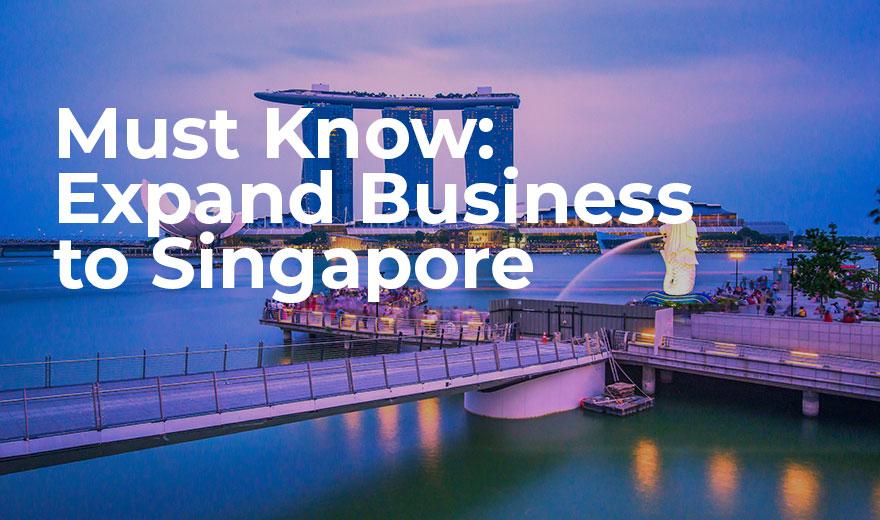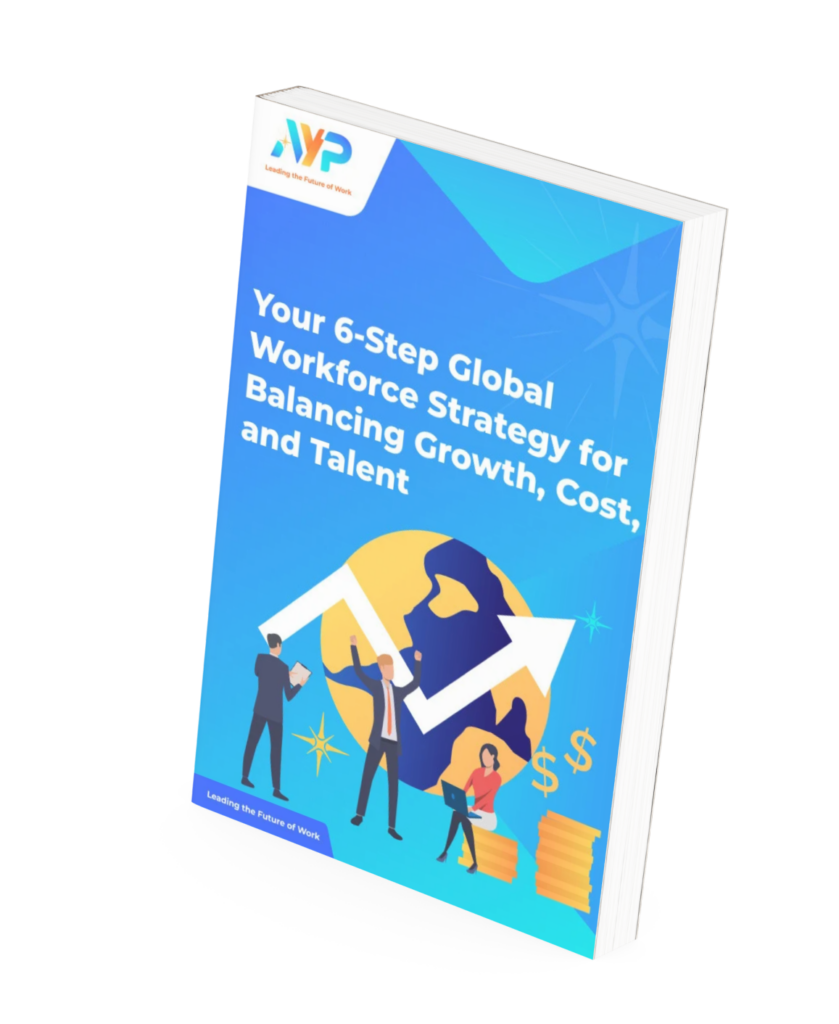Singapore Key Industries
Singapore is ranked second in the 2016 World Bank’s ease of doing business ranking.
1. Infrastructure Hub, Logistics and Supply Chain Industry Capabilities
- Strategic location in the heart of Asia
- Business-friendly customs and import/export procedures
- Expertise in project development, structuring and financing
- Ranked fifth in the 2016 Logistics Performance Index across 160 countries
2. Manufacturing Industry Capabilities
- Dedicated to quality and innovation
- Adoption of international manufacturing standards
- An established a global network of production facilities
3. Consumer Electronics Industry Capabilities
- The pool of qualified local and global talent
- Government’s heavy investment in Research and Development
- Ranked fourth globally and top in Asia for best Intellectual Property (IP) protection in 2016-2017 World Economic Forum’s Global Competitiveness Report
Incorporating in Singapore
1. Types of entities
- Sole-Proprietorship is a business owned by one person.
- A partnership consists of more than 2 partners, up to 20 partners.
- A Limited Partnership (LP) consists of more than 2 partners and no maximum limit, with at least one general partner and one limited partner.
- A Limited Liability Partnership (LLP) consists of more than 2 partners and no maximum limit, where the partners have limited liability.
- A Company is a separate legal entity where members have limited liability.
- An Exempt Private Company consists of 20 members and below, where no corporation holds beneficial interest in the company’s shares.
- A Private Company consists of 50 members and below.
- A Public Company has more than 50 members.
2. Registering a Local Company
- Gain approval of the company’s name
- Submit an application online via the Accounting and Corporate Regulatory Authority (ACRA)’s electronic filing and information retrieval system – BizFile+, using SingPass or CorpPass
- Otherwise, the services of a registered filing agent such as a law or accounting firm can be engaged to submit the application.
3. Registering a Foreign Company
- Gain approval of the company’s name
- Register the foreign company in Singapore via BizFile+. There must be at least one authorised representative – a Singapore Citizen, Singapore Permanent Resident or an EntrePass holder usually residing in Singapore.
- Otherwise, the services of a registered filing agent such as a law or accounting firm can be engaged to submit the application.
Employment Regulations
The Ministry of Manpower (MOM)’s Employment Act regulates Singapore’s employment, covering all local and foreign employees, with a few exceptions. Within 14 days from the employee’s start date, employers must issue the required key employment terms.
Employers need to provide itemised pay slips stating the breakdown of the salary components within three working days from or upon salary payment. These pay slips and employee records are required to be kept by the employer.
Either the employer or employee can terminate an employment contract. If the contract specifies a notice period, it is mandatory to give notice to the other party in writing or pay compensation in lieu of notice.
In absence of the notice period in the contract, the employment act serves as a guide for the notice period. If there is mutual consent between both parties, the notice can be waived.
Payroll and Tax Regulations
1. Social Security Scheme
Employees’ Central Provident Fund (CPF) applies to employees who are Singapore Citizens (SC) or Singapore Permanent Residents (SPR). CPF requires contributions from both the employer and employee, where the employee’s portion has to be deducted from the employee’s salary.
2. SHG Funds Scheme
Employees are required to contribute monthly to the Self-Help Group (SHG) funds, unless the employee opts out. This amount has to be deducted from the employee’s salary.
| Group | Fund Type |
| SCs or SPRs employees in the Chinese community | Chinese Development Assistance Council (CDAC) Fund |
| SCs or SPRs employees in the Eurasian community | Eurasian Community Fund (ECF) |
| SCs, SPRs or foreign Muslim employees | Mosque Building and Mendaki Fund (MBMF) |
| Employees of Indian descent * | Singapore Indian Development Association (SINDA) Fund |
* Excluding those on the Foreign Worker Levy (FWL) scheme
Skills Development Levy
It is mandatory for employers to contribute to the Skills Development Fund (SDF) through the Skills Development Levy (SDL). The SDF would be used to support workforce upgrading programmes and to provide training grants to employers when they send their employees to attend training under the national Continuing Education and Training system.
The SDL is payable at a percentage of the employee’s monthly remuneration, with a minimum and maximum cap to the contribution amount per employee’s remuneration.
Singapore Tax
The Inland Revenue Authority of Singapore (IRAS) is the main agency for tax collection, among other government agencies.
1. Corporate Income Tax
Income accrued in or derived from Singapore, and income received in Singapore from outside Singapore, after deductions is taxable income. As of 2017, the standard Corporate Income Tax (CIT) rate is 17%. IRAS offers partial tax exemption for companies.
Partial Tax Exemption
| Chargeable income | % exempted from Tax | Amount exempted from Tax |
| First $10,000 | 75% | $7,500 |
| Next $290,000 | 50% | $145,000 |
There is also a tax exemption scheme for qualifying new start-up companies, applicable for each of the first three consecutive Years of Assessment (YAs). From the fourth YA onwards, partial tax exemption will apply.
Tax Exemption Scheme for New Start-Up Companies
| Chargeable income | % exempted from Tax | Amount exempted from Tax |
| First $100,000 | 100% | $100,000 |
| Next $200,000 | 50% | $100,000 |
In addition, IRAS offers CIT rebates.
CIT Rebate
| Year of Assessment | Corporate Income Tax Rebate | Capped at |
| 2018 | 20% | $10,000 |
| 2017 | 50% | $25,000 |
2. Individual Income Tax
Tax resident for a current YA are SCs or SPRs residing in Singapore excluding temporary absences. Foreigners who has stayed / worked in Singapore for 183 days or more in the year before the YA, excluding a company director are also considered tax residents.
Resident tax rates are applied progressively. Additionally, resident tax rates will receive 20% individual income tax rebate, capped at $500 for YA 2017.
Resident Tax Rates from YA 2017
| Chargeable Income | Rate (%) | Tax ($) |
| First $20,000
Next $10,000 | 0%
2% | $0
$200 |
| First $30,000
Next $10,000 |
3.50% | $200
$350 |
| First $40,000
Next $40,000 |
7% | $550
$2,800 |
| First $80,000
Next $40,000 |
11.5% | $3,350
$4,600 |
| Firs t $120,000
Next $40,000 |
15% | $7,950
$6,000 |
| First $160,000
Next $40,000 |
18% | $13,950
$7,200 |
| First $200,000
Next $40,000 |
19% | $21,150
$7,600 |
| First $240,000
Next $40,000 |
19.5% | $28,750
$7,800 |
| First $280,000
Next $40,000 |
20% | $36,550
$8,000 |
| First $320,000
In excess of $320,000 |
22% | $44,550
|
Non-residents tax rates for employment income is at a flat rate of 15% or the resident progressive tax rates shown above, whichever results in a higher tax amount. Generally, director's fees and other income taxes are at the 22% rate for YA 2017.
3. Other Taxes
- Goods & Services Tax (GST) is collected by the Singapore Customs, taxed on consumption – including import of goods and services where standard-rated supplies are taxed at 7%.
- Customs & Excise Duties is collected by the Singapore Customs mainly on liquor, motor vehicles, petroleum, and tobacco products.
- Export duties are not levied on goods exported from Singapore.
- To regulate the employment of foreign workers in Singapore, a monthly Foreign Worker Levy is imposed for each Work Permit holder employed.
- Stamp Duty is a tax on dutiable commercial and legal documents relating to stocks, shares and immovable property.
- Property Tax Rates are progressive on owner-occupied and non-owner-occupied residential properties. Non-residential properties such as commercial, and industrial buildings and land are taxed at 10% of the annual value.
- Motor Vehicle Taxes are taxes excluding import duties on motor vehicles to curb car ownership and road congestion.
- Casino Tax is levied on the casinos’ gross gaming revenue while Betting Taxes are duties on private lottery, betting and sweepstake.
Immigration
| Work Passes and Permits |
Employment Pass (EP)Who is it for?
Requirements
Brief overview of application steps
|
EntrePassWho is it for?
Requirements
Brief overview of application steps
|
Personalised Employment Pass (PEP)
Who is it for?
Requirements
Brief overview of application steps
|
S Pass
Who is it for?
Requirements
Brief overview of application steps
|
Work Permit for Foreign WorkerWho is it for?
Requirements
Brief overview of application steps
|
Featured Content
1. Making the Global Mark: Cost-Saving Employment Tips for Company Expansion



